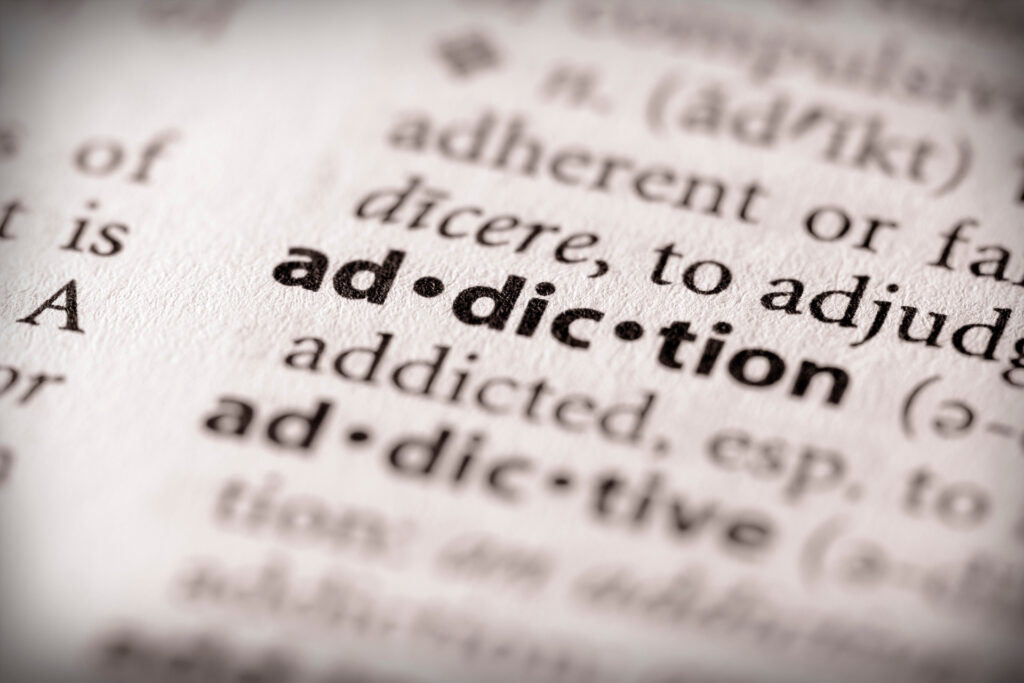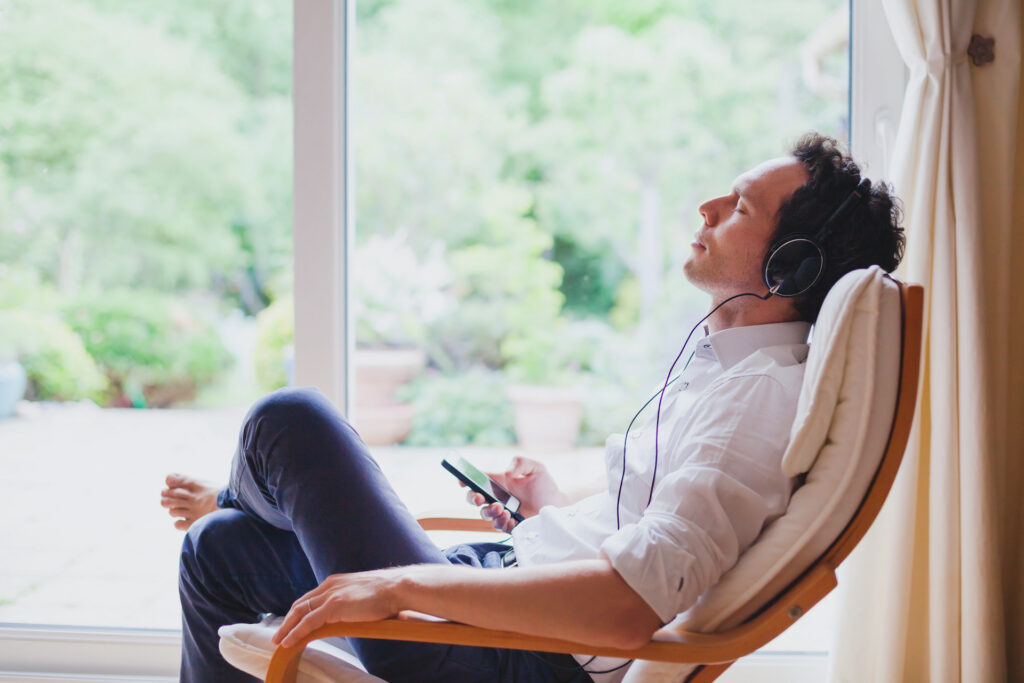In one way or another, each person has at least one addiction when we broaden the way we view addictions. In my view, addiction is much more widespread than most people think.
Alcohol, drugs, and substances are not the only addictions possible. Many people are addicted to worrying, work, sex, social media, phones, and relationships. We are all addicts. The real question isn’t whether or not we have an addiction, but whether our addictions have us.
Taking a Closer Look
To what degree are you affected by your addiction(s)? How often do you engage in activities that bring you back to yourself in an effort to counteract the impact your addiction has on you?
If we’re truly taking care of ourselves, a small addiction to social media or to binge-watching a new show won’t do much damage in our lives. However, if we neglect the necessary tasks in our lives and use social media or binge-watching as an escape from our desires and responsibilities, then surely the impact these habits have on our lives will compound over time and prove very damaging.
We could even say that some of us are addicted to a certain emotion. A lot of men experience anger, and some women chronically worry. Feeling stuck in an emotion can really feel like being stuck in an addictive habit.
Addiction vs. Fixation
We could replace the word “addiction” with “fixation.” Then the question is: How can I get non-fixated? We tend to feel non-fixated (or simply at peace) when we feel grounded and when our minds are still. I often feel this way after a good workout. Exercising sure is an amazing way to get grounded!

Getting in touch with our emotions helps us connect with ourselves more deeply. For this, I often journal and write down how I’m feeling. I don’t write what my mind is doing (what I’m thinking) but I focus on how I feel. Once I’m in touch with my emotions more, my thinking becomes clearer and I get to understand what’s actually happening inside.
So much of our fixations have to do with our minds being very active. We get stuck in a mental loop, thinking and going in circles within the dark mazes of our minds. Paying attention to our thinking ends our being lost in it. A short moment of mental awareness can bring us into our bodies.
Getting Grounded
Dropping into the body also frees up our mental capacity from being fixated on itself. So bring and keep bringing your attention to your body and drop out of your mind as often as possible during the day. When a feeling to use, escape, or turn to something that emotionally soothes you comes up, try urge surfing through meditation. Try not to act on the craving immediately. We know, easier said than done, but meditation can help.
Set a timer for 20 minutes and close your eyes. Sit comfortably with your back straight. This is a practice of “not doing.” Rest like this and when your mind takes over, gently notice this and bring your attention to how you’re feeling.

During these 20 minutes, you might get a few seconds of your attention being totally immersed in your body instead of your mind. These are moments of deep peace and groundedness. Keep practicing and you’ll find that this formal practice begins to change how you feel throughout your day.
Bottom Line
At the end of the day, we all experience addiction in different forms. Where it becomes a potential issue is when your life is affected negatively and your sense of control is lost. Really think about areas in your life where feelings of escaping, avoiding and retracting come up and why they do. Remember, every single person has a vice, it’s just recognizing if the vice has you that’s important.
For help with addiction and/or mental health or questions regarding treatment, please call us at any time. At Sunshine Coast Health Centre, we have a team ready to answer any questions you may have and guide you in the right direction.



